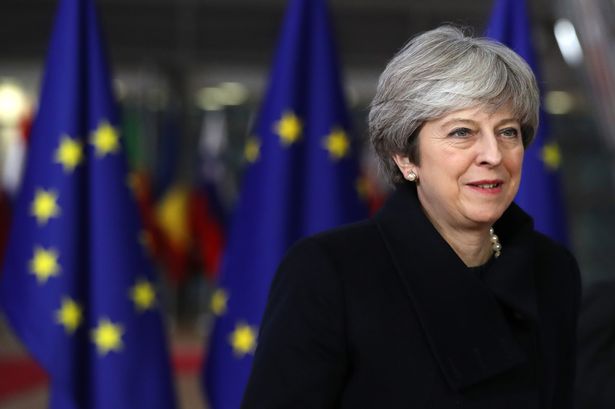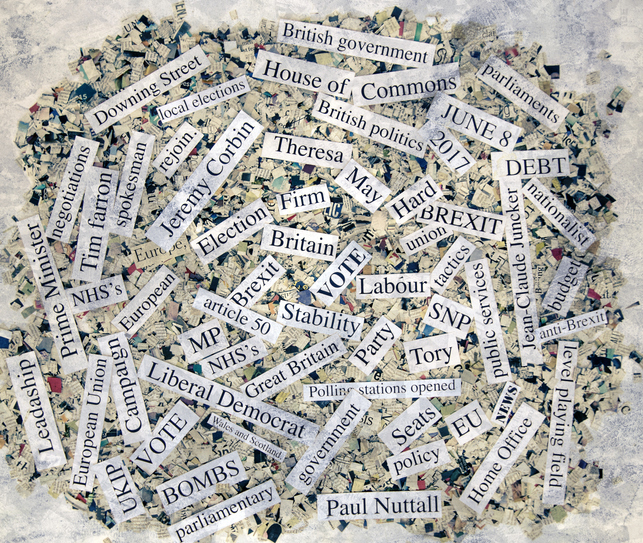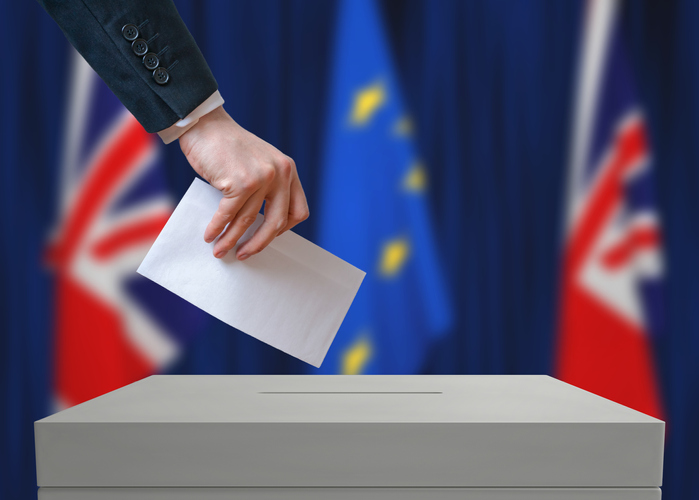Over 2.5 years have passed since the United Kingdom made the decision to leave the European Union. June 23, 2016 marked the start of a process known as “Brexit”: a hybrid word combining the words “Britain” and “Exit”.
This referendum brought a sudden end to a relationship that began in 1973 with the alliance of 28 countries, later giving rise to the European Union. Brexit originated from an electoral promise made by former Prime Minister, David Cameron, who achieved re-election off the back of promising to hold the referendum. The “yes” vote won by a fine margin (51.8% of the votes), placing the United Kingdom in an unprecedented situation for which – as would become apparent over the following years – it was not prepared for.
David Cameron, disappointed with the results of the referendum, handed in his resignation, stressing his beliefs that the United Kingdom “would be safer and stronger within the European Union”, although recognising the need to “fulfil the will of the people”.

Since then, the negotiations between both parties have been carried out like divorce proceedings: tense, with the occasional fall-out and without any agreement being reached. These negotiations have been carried out by an exhausted Theresa May, who became a key figure in the process after entering 10 Downing Street to replace the outgoing Cameron.
Attempts to reach an agreement
At the end of November 2018, May announced that she had secured a first withdrawal agreement with Brussels, although this was later retracted when it became clear that she would not be able to obtain the required majority in the British Parliament. A vote was finally held on this agreement in January, which was resoundingly rejected by a huge majority.
The parties are yet to sign off on any agreement, although any deal would include a transition period until the end of 2020 in which no significant changes would take place in the existing relationship between the UK and the EU.
A key question is what will happen to British citizens living in other EU countries and to Europeans living in the United Kingdom. Both parties have committed to ring-fencing the rights of these citizens in their respective countries. Another, more complicated issue is that of the Irish border, with physical checkpoints being removed with the signing of the Good Friday Agreement in 1998, bringing an end to separatist violence.
A hard border might become necessary once again if the United Kingdom eventually leaves the EU, although some people are campaigning for Northern Ireland and the Republic of Ireland to join forces and maintain a customs union. This is not viewed upon fondly by many Conservative and Democratic Unionist Party (DUP) politicians, who Theresa May needs on side if she wishes to secure a withdrawal agreement before the deadline of March 29.
The possibilities
As things stand, practically anything is possible. If the United Kingdom leaves the EU with no withdrawal agreement – the so-called “no deal” scenario – the consequences for its economy could be disastrous. However, there is still scope for Theresa May to call a new referendum or even general elections, which could help to secure a required majority in parliament to pass legislation, thus facilitating the Brexit process, or cancelling Brexit altogether.
If a “no deal” Brexit takes place, the World Travel and Tourism Council (WTCC) estimates that at least 100,000 jobs would be put at risk. The hotel and construction industries, which rely heavily on foreign labour, would be particularly harmed.

The damage won’t only be felt by the United Kingdom: the countries which, until now, had been the favourite tourist destinations of British people, would be replaced by other, non-EU destinations. Leaving the EU would mean that British citizens would need to obtain a visa to visit Spain, for example, which could prove to be a significant handicap. The frequency of flights may also decrease, with airspace changing to adapt to new standards.
A figure has already been attributed to this tourist “scare”, with the World Travel Market (WTM) estimating that up to 20 million tourists could choose a non-EU destination instead of paying for a visa.
Business uncertainty
Since the result of the referendum was announced, many businesses have spoken of the possibility of leaving the United Kingdom. These include the manufacturers Ford, which has announced 1000 job losses; Land Rover, which has cited Brexit as a decisive factor in future cuts; and Toyota and BMW, who have warned that they may be forced to close their factories if the United Kingdom eventually leaves the EU.
Various tourist destinations have already raised the alarm. The Hotel Business Association of Benidorm and the Costa Blanca (HOSBEC) has already reported a 6% drop in the sales of summer packages compared to 2018, with this drop being attributed to Brexit.
This decrease contrasts greatly with the up-to-40% increase in holidays to non-EU destinations such as Turkey and Egypt.
Another critical area for Spanish tourism, the Costa del Sol, is “alert” to the permutations of Brexit, although senior figures ensure that these data are nothing to worry about as “(the Costa del Sol continues to be) a priority destination for British holidaymakers”.
Another alarming detail is that British tour operators have increased the number of available places for Turkish holidays, while the number of British citizens travelling to Tunisia in the first four months of 2018 increased by 537% compared to the previous year.
With a little more than a month to go, all stakeholders are awaiting further news. Much is at stake, with both jobs and vital decisions currently placed on standby.
The opinion of the British public
We’re not sure what would happen if a second referendum were called, but what is certain is that the British people would be making a much more informed decision this time around. In the run-up to the first referendum they were made to believe that an invincible Britain would come out of Brexit as a great success, but many of the events of the last two-and-a-half years have cast doubt over this possible eventuality.
English people have heard many companies threaten to leave the country due to Brexit, and they are now aware of how certain industries would be hindered by greater restrictions to immigration. They have also witnessed an increase in xenophobic attacks, have seen the pound tumble in value and have no idea what will happen with the issues of Northern Ireland and Scotland.
In the face of this, many people assume that a “no” vote would prevail if another referendum were to be held. We will have the answer in a matter of days.







